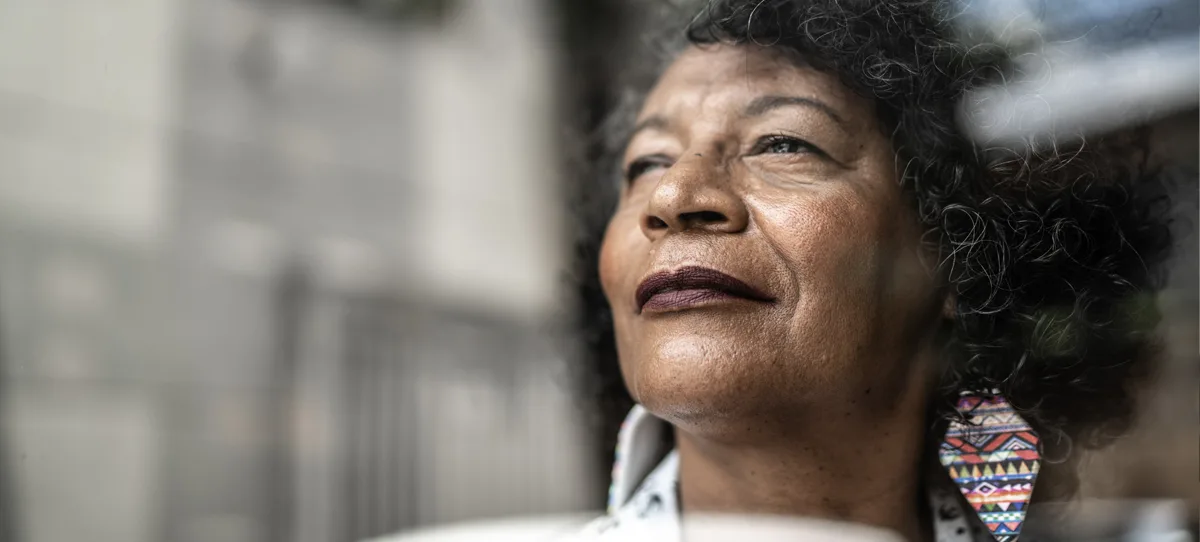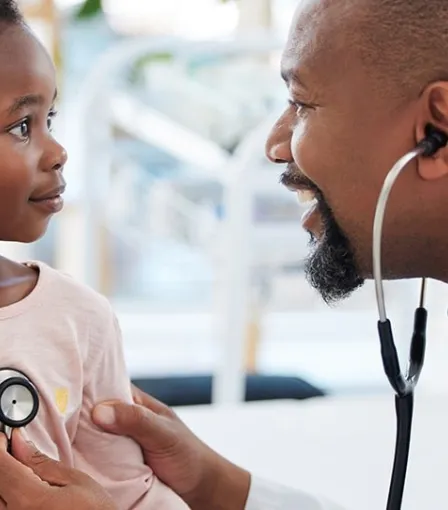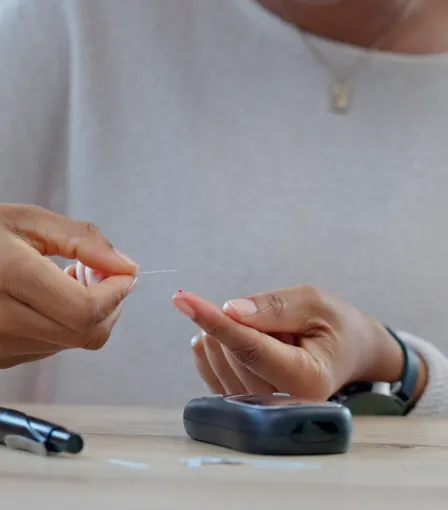
Improving Mammogram Adherence for Women on Medicaid
The Challenge
Mammograms are an important breast cancer screening tool. The United States Preventive Services Task Force recommends women between the ages of 50 and 74 receive a screening mammography every two years. But mammography rates differ greatly among women of different races, as well as between women with Medicaid coverage and women with private health coverage.
Women with Medicaid are less likely than women with private health insurance to receive a mammogram. Nationwide, the percentage of breast cancer screening among women with Medicaid coverage in 2020 was 53.7%. Conversely, 71% of women with commercial HMO and 69.5% of women with commercial PPO received their mammogram.
Our Goal
To ensure women covered by Medicaid have access to breast cancer screening mammograms.
The Healthfirst Solution
Healthfirst Clinical Quality leads performed hyper-local, culturally sensitive outreach to Medicaid members eligible for a mammogram to directly address their concerns and help them find and schedule an appointment that was convenient for them. We hire from our local communities, so we can speak to members on a personal level and understand their struggles and concerns.
Additionally, many in-network hospitals and provider organizations receive a dedicated Healthfirst clinical quality expert to work with one on one, driving awareness of our members’ needs. The clinical quality team also benchmarks provider group performance on clinical quality measures such as mammogram adherence and financially incentivizes organizations that meet or exceed benchmarks.
Population Health Improvements
- 70% of Healthfirst’s eligible women Medicaid members received a mammogram in the required timeframe in 2020.
- 69% of Healthfirst’s eligible women Medicaid members received a mammogram in the required timeframe in 2021.
Takeaway
Combining direct, culturally informed outreach to members with provider partnerships and contracts that emphasize and reward meeting clinical quality measures is an effective way to improve health equity and ensure traditionally underserved populations receive the care they need.


